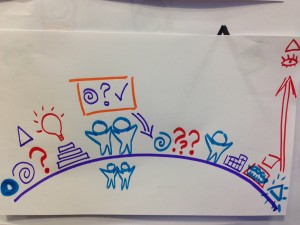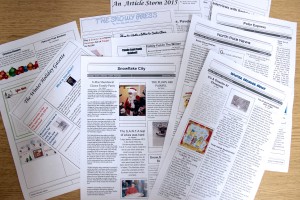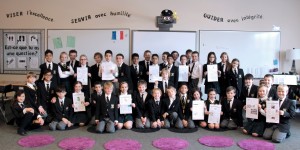Career Change?
This week in residency we were fortunate to have a graphic recorder come to document our debate. Which, by the way, our team won!!!!
Anyway, I digress.
After the debate, we were given the unique opportunity to try our hand at graphic recording. “Graphic recording (also referred to as reflective graphics, graphic listening, etc.) involves capturing people’s ideas and expressions—in words, images and color—as they are being spoken in the moment” (World Cafe). We were given 5 different shapes to use. A circle represented wholeness, a triangle represented a goal, a spiral represented change, and a rectangle represented support, such as a person or a community. With that, we also learned how to draw a simple person. With these basic tools we were given the task of using theses symbols (and any others you chose to include) to graphically represent our journey to Royal Roads University.
This is what I came up with (see if you can figure out my journey!):
Just to help out a little (and so I remember years from now), let me explain my thinking. First, I started out not quite whole. Something was missing but I didn’t know what. I knew I needed a change but I didn’t know what that change was. So I asked my support system for their input and advice. And then, I had an idea! Grad School! I explained to my family my need for change and that I had an idea of what I wanted to do. I asked my family if the would support this change and they said yes! After I had applied and had been accepted, I thought to myself, what was I thinking?!?! I started my Master’s program, and arrived at Royal Roads feeling very alone. But then, I started to build a new support system with my instructors and cohort classmates and I felt that the goal was attainable even though it still looked very far away!
This was a reflective experience. It wasn’t as easy as it may look, but I truly enjoyed using my creative side and communicating my thoughts with a different medium. I also liked having something to keep from this experience and thought that this could be a great exercise to use in the classroom environment. It could be used for creating timelines, either of students lives or a historical event. It could also be used to reflect on a chapter in a book that the class is reading. How cool would it look if each chapter was done like this by a different student and then displayed as a summary of the book. One student could do the graphic recording, while another did the written summary!
Although I have a feeling that a career as a graphic recorder is not in my future, I see many benefits of finding ways to build it into my practice as a reflective tool.
References: http://www.theworldcafe.com/key-concepts-resources/graphic-recording




